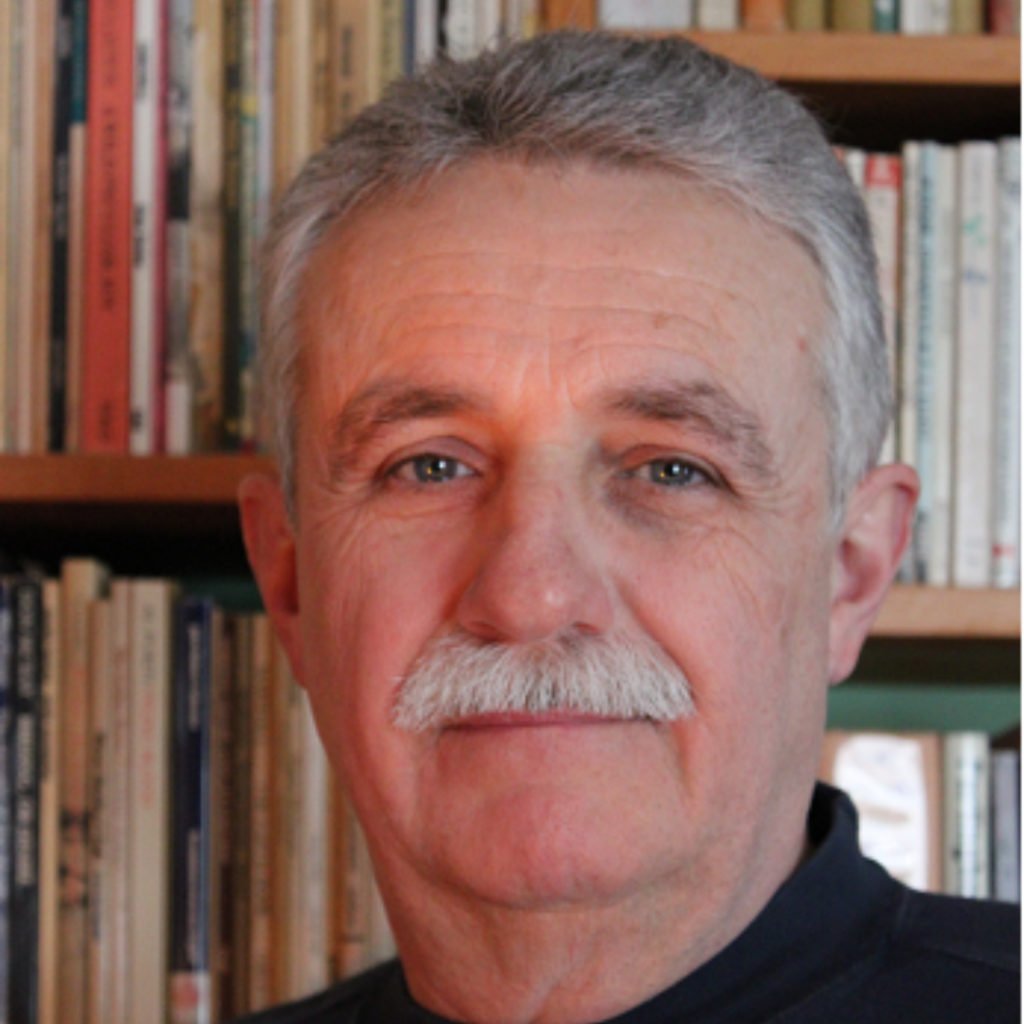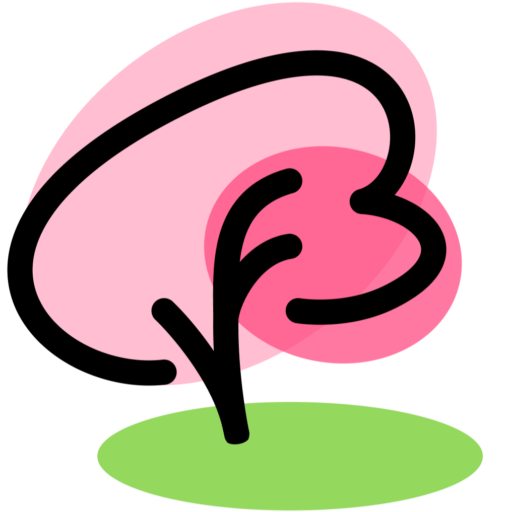LeRoy Gorman

first blossoms
a bit of Bach
from a busker’s guitar
LeRoy Gorman
Napanee, Ontario
Congratulations on having your haiku selected as the top winner in the Canada category in the Vancouver Cherry Blossom Festival’s 2023 Haiku Invitational contest. How did you first learn about haiku, and how much writing of haiku or other poetry have you done?
I first developed an interest while looking for ideas to teach poetry. One haiku in particular kept playing over and over like an earworm in my head. It was a translation of Bashō’s seminal piece: “summer grass / all that remains / of warrior’s dreams.” This was the beginning of a journey that has lasted for more than fifty years. Along the way I have tried many ways to express myself through poetry. Initially, I wrote and published poems that were far longer than haiku. I have written visual/concrete poetry, language poetry, sound poetry, and speculative (science fiction/fantasy) poetry. I have used pseudonyms for some work (one-offs in a number of cases). To date I have had over two dozen poetry books and chapbooks published and have had work appear in both print and online publications. For twenty years I was Haiku Canada’s publications editor (Haiku Canada Newsletter, Haiku Canada Review, and members’ anthologies).
What was the inspiration for your winning poem?
I could say the poem came from an actual experience, but it didn’t. The idea of seeing the first blossoms triggered the music of Bach for whatever reason. Beyond that, it’s a mystery the muse holds.
Describe the moment when you first learned you had won.
I was surprised, but not in a jump-up-and-down hoot-and-holler way. Rather, my reaction was one of quiet disbelief. I never expected to win because I entered the contest more for the sake of participating than anything else. The first person I told was Sheila and she said something like “Oh, that’s nice” and continued watching television.
Do you have favourite books or websites relating to haiku that others might benefit from to learn haiku as a literary art and to share one’s haiku?
The Haiku Society of America, Haiku Foundation, and American Haiku Archives web sites are great places to start. Haiku Canada and Michael Dylan Welch’s Graceguts (http://www.graceguts.com) are a couple of others. All provide ample information on haiku as well as links to other sites. A few books I would recommend include R. H. Blyth’s Haiku (Volumes 1–4), Cor van den Heuvel’s The Haiku Anthology, Makoto Ueda’s Modern Japanese Haiku, and Anthologie Canadienne / Canadian Haiku Anthology edited by Dorothy Howard and André Duhaime.
Please tell us more about yourself.
I graduated from Carleton and Queens to become a teacher. I taught, for 38 years, mainly high school English and special education. I enjoy spending time with my wife Sheila, and our family, which now includes a number of grandchildren. I also enjoy listening to and collecting music on CDs and vinyl.
How does where you live and what you enjoy doing affect the way you write haiku?
I’m sure that where I live in a small town in Eastern Ontario has an effect on my writing but I’m not sure I can explain it. I could be almost anywhere and the writing I imagine would be much the same. Observing the world and people around, no matter where I am, gives me inspiration as well as whatever’s going on in my head.

